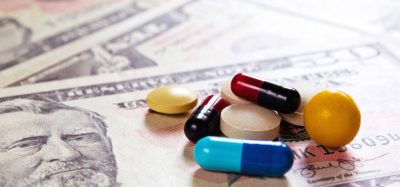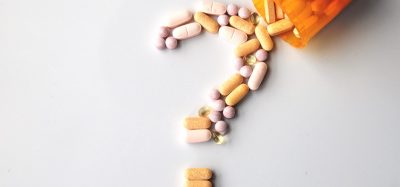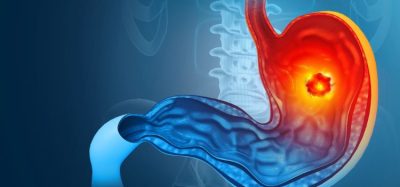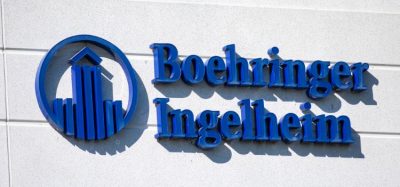CAR T therapy exhibits encouraging proficiency in R/R LBCL
Posted: 19 September 2023 | Catherine Eckford (European Pharmaceutical Review) | No comments yet
The first study assessing Yescarta® as second-line therapy for transplant ineligible relapsed/refractory (R/R) large B-cell lymphoma (LBCL) demonstrated durable remission rate in a Phase II trial.
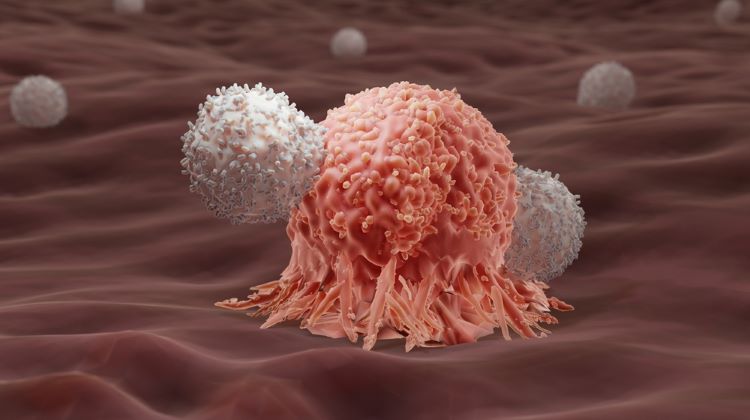

Kite’s Yescarta® (axicabtagene ciloleucel) facilitated a high response rate in transplant ineligible relapsed/refractory (R/R) large B-cell lymphoma (LBCL), Phase II study results show.
Patients with R/R LBCL who had received one prior line of therapy and were deemed ineligible for high-dose chemotherapy (HDCT) and autologous stem cell transplantation (ASCT) were evaluated in the trial.
Phase II “ALYCANTE is the first study to assess axicabtagene ciloleucel as second-line therapy for transplant ineligible R/R LBCL and the results showed high response rates and durable remission in this hard-to-treat population,” stated Professor Roch Houot, coordinator of the ALYCANTE study and Head of the Haematology Department at University Hospital of Rennes in France.
Results from the Phase II Yescarta trial
The study achieved a best objective response (OR) and complete response (CR) rates of 91.9 percent and 82.3 percent, respectively.
Complete metabolic response (CMR) of 71 percent was observed at three months versus 12 percent expected with standard of care. At six months, 59.7 percent of patients remained in CMR. Kite highlighted that CMR are negative findings on a PET study during or after antitumor therapy.
Median progression-free survival (PFS) from infusion, after a median follow-up of 12 months, was 11.8 months. Consequently, 48.8 percent of evaluated patients were alive and progression-free at 12 months.
For [R/R LBCL] patients deemed ineligible for stem cell transplant, the ALYCANTE data demonstrate that Yescarta can provide another option for a potential curative therapy”
“Transplant ineligible patients with aggressive relapsed or refractory B-cell lymphomas face poor prognosis,” added Professor Houot.
In clinical practice, about half of patients with R/R LBCL are considered ineligible for HDCT/ASCT, Kite stated. “For patients who are deemed ineligible for stem cell transplant, the ALYCANTE data demonstrate that Yescarta can provide another option for a potential curative therapy,” shared Kite’s Global Head of Clinical Development, Dr Frank Neumann, PhD, SVP.
Full findings from the CAR T-cell therapy study were published in Nature Medicine.
The Yescarta study was funded by Kite, a Gilead Company, and carried out with axicabtagene ciloleucel CAR T-cell therapy manufactured by Kite.
Related topics
Anti-Cancer Therapeutics, Big Pharma, Biopharmaceuticals, Clinical Development, Clinical Trials, Drug Development, Drug Safety, Research & Development (R&D), t-cells, Technology, Therapeutics




